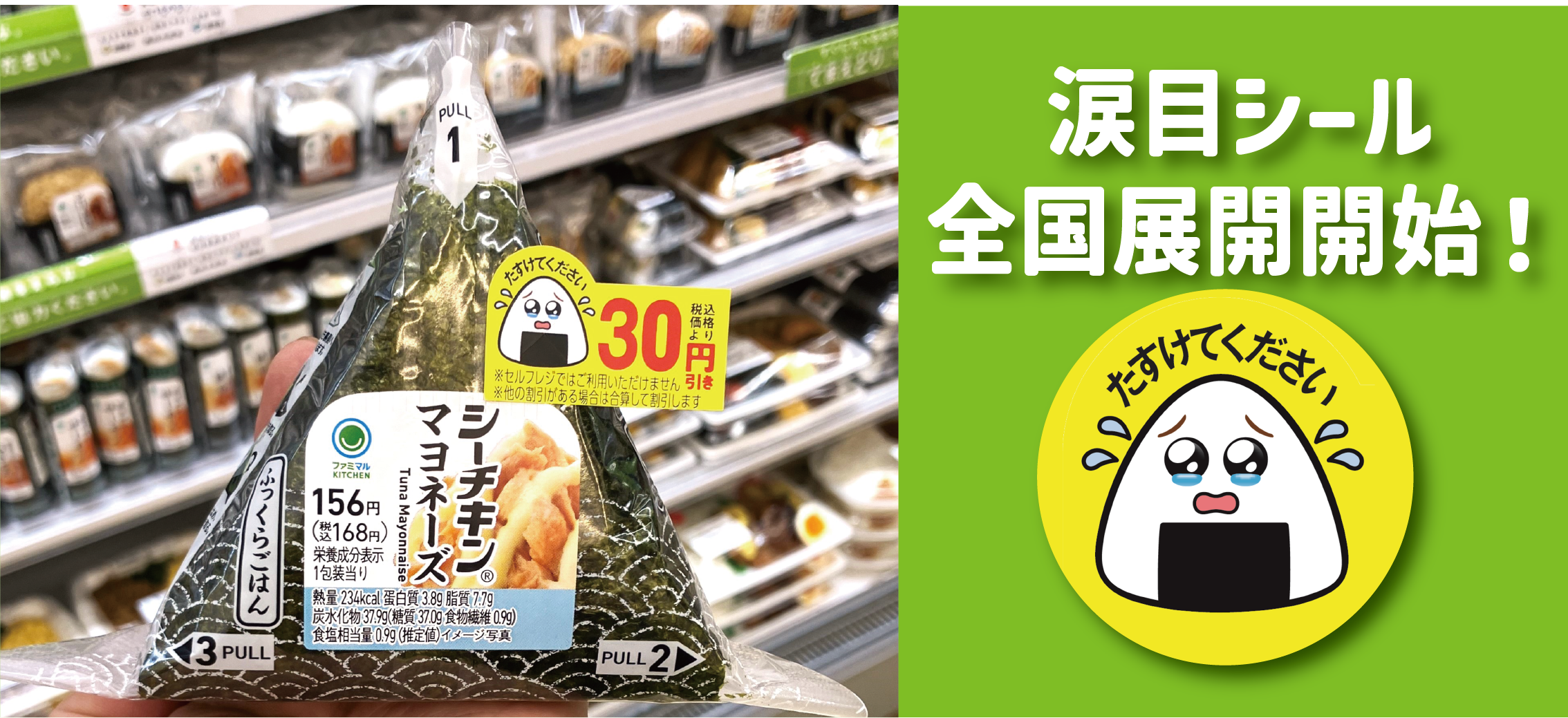The well-known Japanese convenience store chain, Family Mart, recently announced its plan to extend the consumer deadline for approximately 70 of its products. This unconventional strategy is a part of the company's efforts to reduce food waste, respond to commodity shortages, and promote sustainability. Details of which specific products will have extended shelf lives have not been disclosed yet.
In Japan, minimising waste, particularly food waste, is a significant societal concern. The country faces a mounting problem with discarded food, despite much of it still being consumable. Family Mart's move reflects both societal consciousness about waste reduction and practical business acumen amidst product shortages. This issue involves the values of sustainability, economical use of resources, and respect for the environment.
In the US or EU, several stores also employ strategies to reduce food waste. This can include substantial discounts on nearly expired goods, and some supermarkets even donate excessive food to charities. However, the extension of shelf life as a defined policy is still relatively unique, making Family Mart's approach a groundbreaking one both domestically and internationally.

